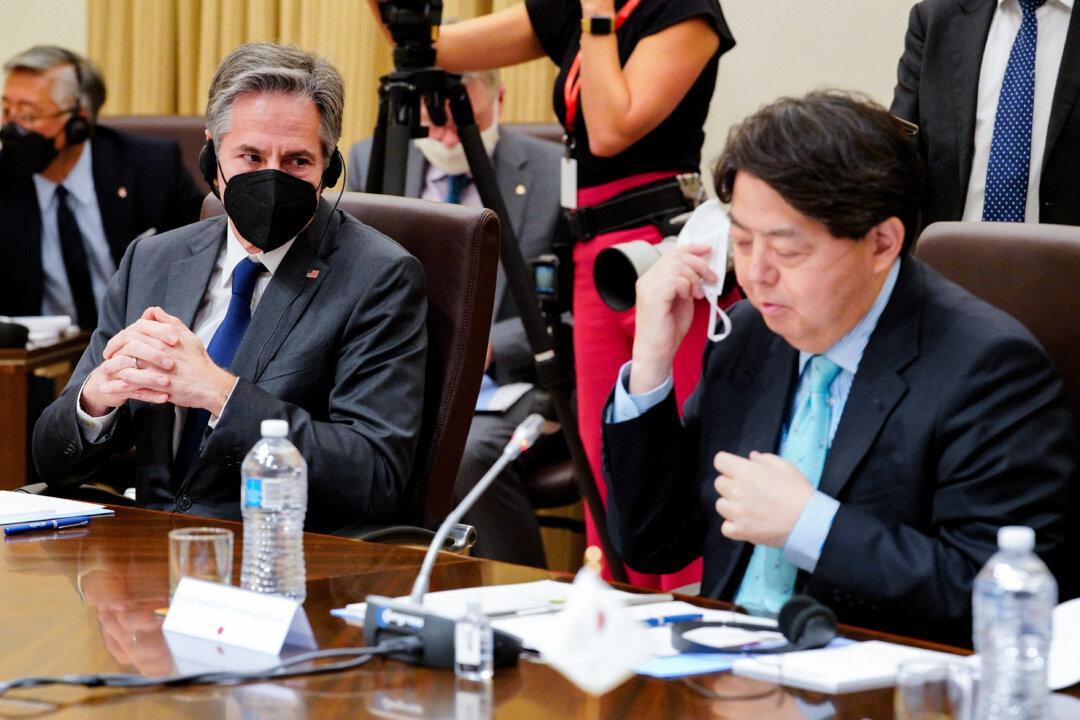Japan’s Foreign Minister Yoshimasa Hayashi visited China on April 1. The visit came as the Japanese government announced restrictions on the export of 23 types of semiconductor manufacturing equipment. This is also a time of significant tensions between the two countries because a Japanese employee of Astellas Pharma, a Japanese multinational pharmaceutical company in China, was arrested by the Chinese regime on suspicion of espionage.
Yoshitomo Hayashi was the first Japanese foreign minister to visit China in over three years.





